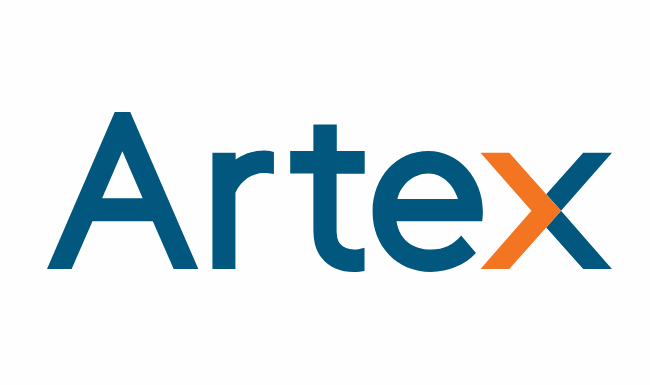Cyber and other lines ILS growth to be incremental, not a reallocation: Artex

Expansion of the insurance-linked securities (ILS) asset class into other lines of business such as cyber risks is not likely to be a case of a reallocation away from property, rather Artex Capital Solutions executives believe that incremental growth of non-cat ILS is to be expected.
In a paper discussing the potential for cyber catastrophe bonds and other cyber ILS instruments, Artex Capital Solutions CEO Kathleen Faries and EVP of Insurance Management Services Scott Cobon lay out some of the challenges faced in getting ILS investors comfortable with new categories of risk.
Although its still relatively early days in the development of cyber as an ILS category, the Artex Capital Solutions executives feel good progress has been made so far and look forward to the first 144a cyber catastrophe bond being sponsored.
But they acknowledge that investor’s need continued education on this as a new category of ILS risk, and investors need motivating that risk models are mature and robust enough to underpin issuance of cyber ILS securities.
“As property CAT performance starts to stabilize and improve following a round of extreme weather and catastrophe events, we may see a pattern where investors start to adjust portfolio allocations to incorporate cyber CAT bonds as they become more comfortable with the structure, pricing and market/risk correlation,” the Artex executives wrote.
Expanding to say that, “This would generally trigger a consideration on the scope of allocation adjustment required to deliver the desired price and yield and investors will begin to test the waters in measured, incremental steps.”
But they don’t feel that new and emerging categories of ILS, such as cyber or the much discussed non-cat ILS space, are likely to take meaningful assets away from the property catastrophe risk side of the market that is already so established.
“Do we think investors will jump to reallocate funds away from property CAT into cyber and other ILS-based risk lines? Unlikely.
“The most likely outcome will be a slow ramp up of capital flowing into cyber and more capacity following growing investor comfort,” Faries and Cobon explain.
Kathleen Faries, CEO of Capital Solutions at Artex, explained that there is work to do across the cyber insurance and reinsurance market, before it gains the scale to see meaningful cyber cat bond activity.
“A pressing concern is the impact of a big, systemic loss such as a Cloud outage which would hit multiple businesses globally at the same time. That’s one major event scenario that the insurance industry is currently trying to solve for,” Faries explained. “There has been significant discussion about how to deal with the potential for a large systemic cyber loss. One approach would be to build a public/private backstop as we have for terrorism risk. Significant work still needs to be done around modelling certainty and capacity challenges in order to progress towards a solution for large systemic losses.”
Scott Cobon, Executive Vice President, Insurance Management at Artex, highlighted the need for continued work to improve risk models for cyber, but is confident progress is being seen towards more cyber ILS deals.
“We are at an interesting point in the ILS market discussion and the real test for the uptake and adoption of a fully-fledged Reg 144A CAT Bond would involve investors becoming more comfortable with the currently available risk modeling platforms and, in turn, risk modeling agencies/ specialists being comfortable with their modeling capability and sophistication.
“There is still a range of risk factors that need to be fully understood. Although there is further work to be done, given how quickly things evolve in the cyber risk space, it is possible that we will see positive developments within the next 12 to 18 months. We will continue to monitor the situation as industry and investor discussions progress throughout 2023 and into 2024,” Cobon said.





